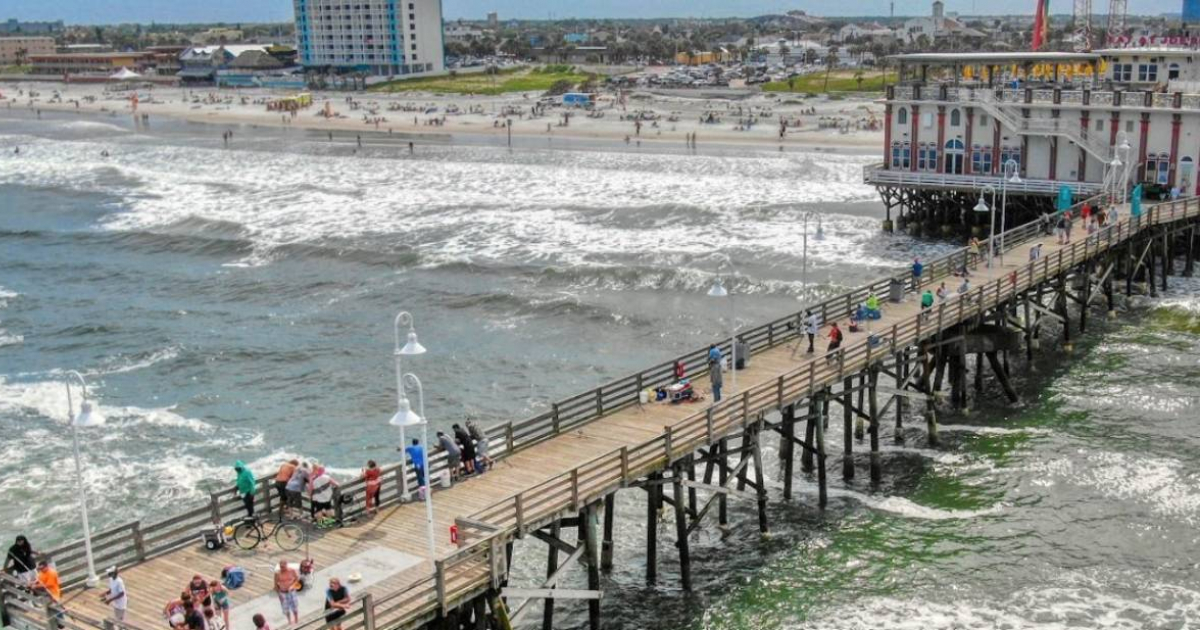
A 14-year-old boy was bitten on the left foot by a shark while swimming in shallow waters off Daytona Beach Shores, Florida.
This incident occurred on July 10th and is the fourth shark attack reported in a week in Volusia County.
The Beach Safety Department transferred the teenager to a hospital. He had wounds that do not endanger his life. The shark species involved in this attack has not been identified yet. The child is from Missouri and was visiting Florida when he suffered the bite.
The first recent attack took place on July 4th in New Smyrna Beach. A 21-year-old man from Ohio was playing soccer in shallow waters when a shark bit his foot. He was taken to the hospital for surgery to repair several tendons. It is expected that he will fully recover in six to eight weeks.
The next day, at the same beach, a 26-year-old man from Sarasota was bitten on the left foot while enjoying a float in five-foot-deep waters. He was also taken to the hospital, and his injuries were not life-threatening.
On July 8, a 14-year-old teenager participating in a lifeguard camp in Ponce Inlet was bitten on the calf. Initially, he thought he had bumped into someone else, but he required 14 stitches.
The International Shark Attack File of the Florida Museum of Natural History, Volusia County has recorded more shark attacks than any other region in the world, with 351 unprovoked attacks since 1882.
Internationally, the United States leads in the number of shark bites, with 36 incidents reported in the last year, two of them fatal. Australia ranks second with 15 bites, four of which were fatal.
Authorities recommend that bathers calmly exit the water if they see a shark or large schools of fish near the coast, as this may indicate the presence of a predator.
What do you think?
COMMENTFiled under: